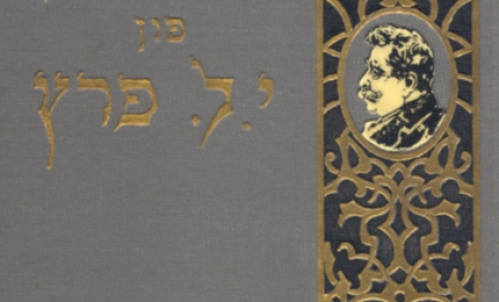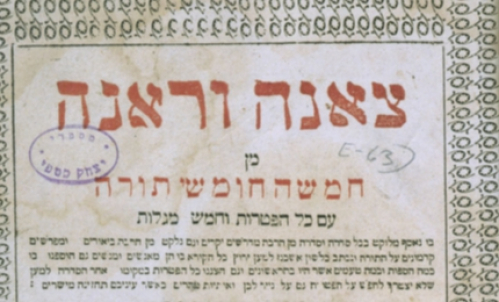The Future of Tulsa's Past: The Centennial of the Tulsa Race Massacre and Beyond
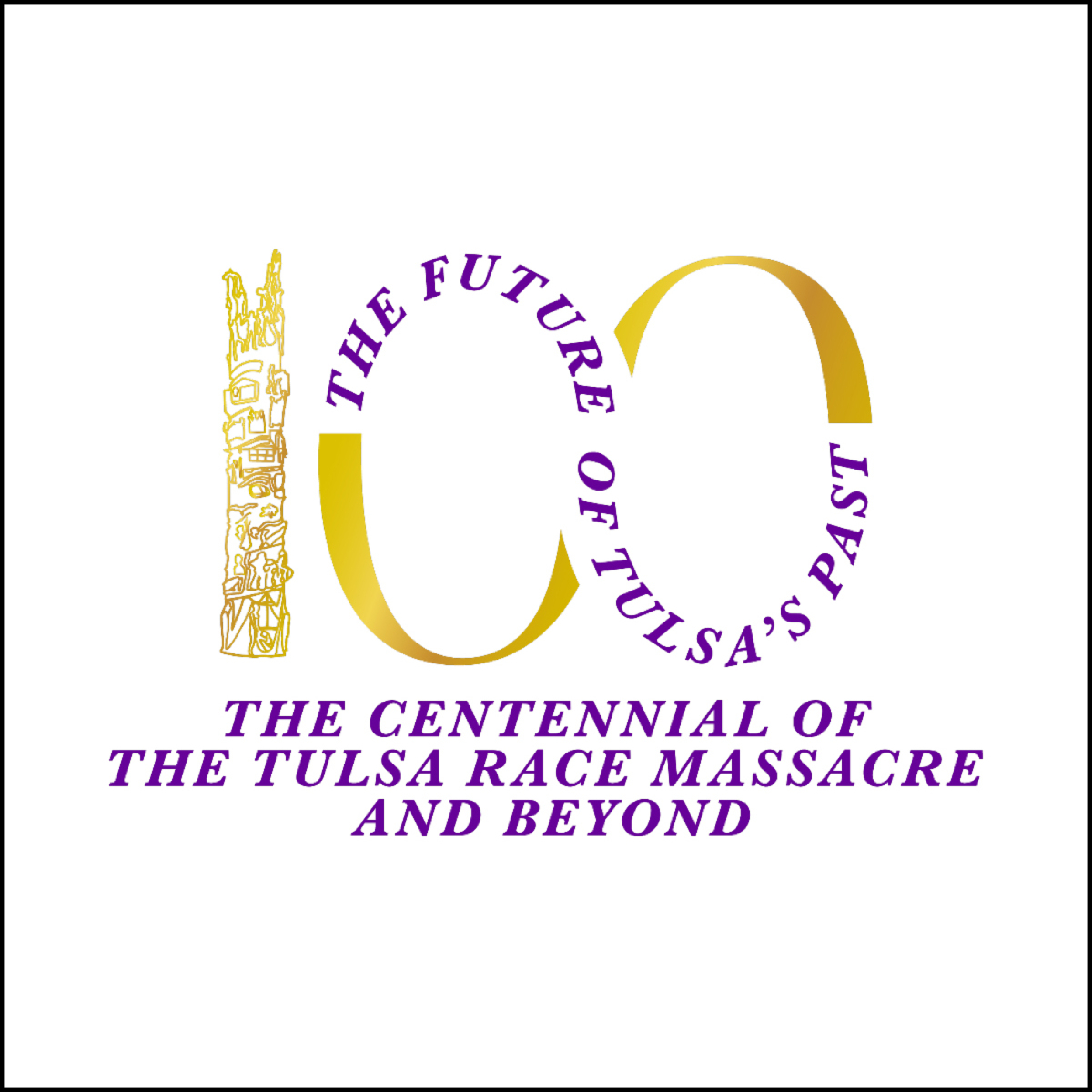
|
12th Annual Reconciliation in America Symposium – In a Virtual Format
Presented by John Hope Franklin Center for Reconciliation Admission: Variable (see registration form for details) Registration is required. |
YIVO was invited to participate in the John Hope Franklin Center for Reconciliation's 12th Annual Reconciliation in America National Symposium, “The Future of Tulsa’s Past: The Centennial of the Tulsa Race Massacre and Beyond.” This centennial commemoration assembles celebrated authors, activists, educators, and journalists to discuss the story of the Tulsa Race Massacre and how we can work toward the intentional journey of reconciliation. The full conference agenda can be explored here.
YIVO's contribution to this four day (May 26-May 29) symposium is a panel on Friday, May 28, 2:30pm CDT (3:30pm ET) designed in collaboration with In Geveb: A Journal of Yiddish Studies. The panel will present research on contemporaneous Yiddish language newspaper articles and other archival sources which reflect on the Tulsa race massacre as well as on racially motivated violence that erupted in America in the early twentieth century more broadly. YIVO and In geveb's inquiry will focus on translating, contextualizing, and incorporating these materials into new pedagogical resources. The discussion will be chaired by Jessica Kirzane and will feature Steven J. Zipperstein, Alyssa Quint, Hannah Pollin-Galay, and Uri Schreter.
Thank you to the Judy and Peter Blum Kovler Foundation for its generous support of this event.
About the Participants
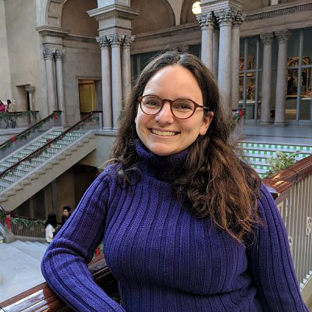
Jessica Kirzane is the Assistant Instructional Professor in Yiddish at the University of Chicago and the editor-in-chief of In geveb: A Journal of Yiddish Studies. She is the translator of Miriam Karpilove's Diary of a Lonely Girl, or the Battle against Free Love (Syracuse University Press, 2020). Kirzane's writings on the topic of representations of race in Yiddish literature and culture include her translation of Joseph Opatoshu's "A Lynching" (In geveb, 2016), her teaching guide to Isaac Meir Dik's "Slavery or Serfdom" (In geveb, 2016), and various essays.
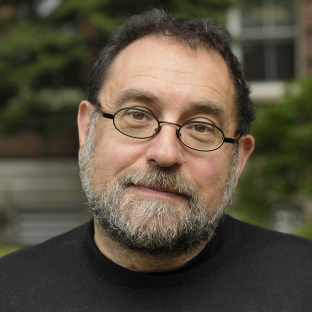
Steven J. Zipperstein is the Daniel E. Koshland Professor in Jewish Culture and History at Stanford University. He is the author and editor of nine books; his most recent is Pogrom: Kishinev and the Tilt of History (Liveright/WW Norton) named a book of the year by The Economist and shortlisted for the National Jewish Book Award and the Mark Lytton Prize as the best non-fiction book of 2018. He is now writing a biography of Philip Roth for Yale's Jewish Lives series.

Alyssa Quint is Associate Editor at Tablet Magazine, a Senior Research Scholar at Yeshiva University’s Center for Israel Studies and a contributing editor of The Digital Yiddish Theater Project. Her book The Rise of the Modern Yiddish Theater (2019) documents the first days of the modern Yiddish theater in late Imperial Russia. She is currently at work on a translation of Leyb Malakh’s Mississippi.
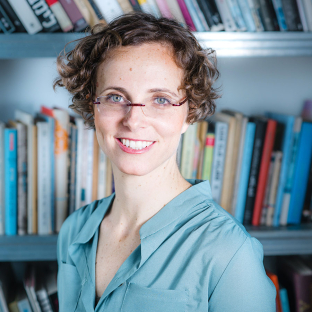
Hannah Pollin-Galay is Assistant Professor of Yiddish and Holocaust Studies in the Department of Literature at Tel Aviv University and author of Ecologies of Witnessing: Language, Place and Holocaust Testimony (Yale University Press, 2018). As Head of the Goldreich Family Institute for Yiddish Language, Literature and Culture, she directs an MA program in Yiddish Studies as well as the Naomi Prawer Kadar International Yiddish Summer Program. Her work has appeared in publications including Jewish Quarterly Review, Prooftexts, Jewish Social Studies, Holocaust and Genocide Studies, The Nation, and Boston Review.
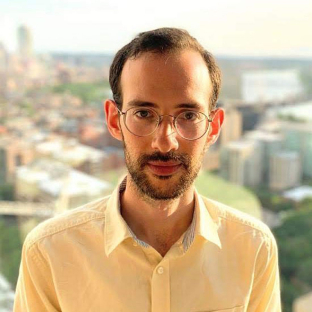
Uri Schreter is a PhD candidate in historical musicology at Harvard University. Prior to Harvard, he studied at Tel Aviv University, where he earned a BA in composition and musicology, and an MA in modern European history. His current research project explores the politics of Jewish music during the 1950s in Israel, Paris, and New York City. Outside of academia, Uri is a composer and a performing musician, who often performs in the Boston area and in Israel.
